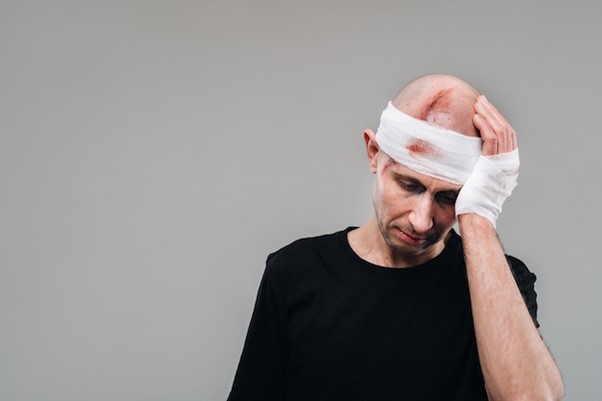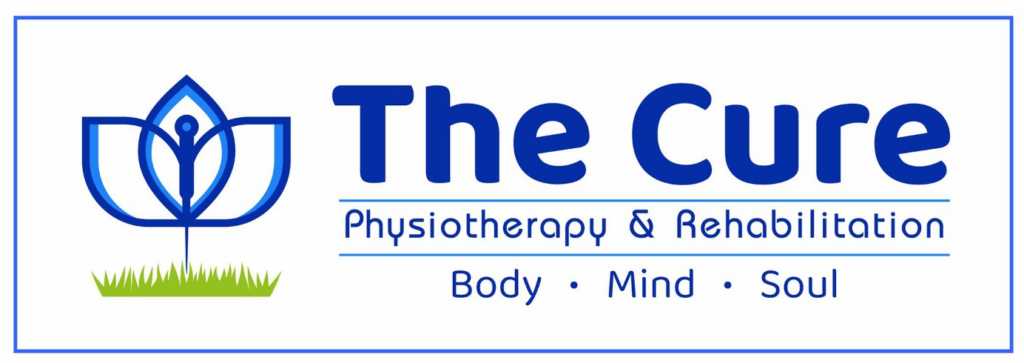Traumatic Brain Injuries

Traumatic brain injuries (TBIs) are caused by an external force impacting the head, leading to brain dysfunction. They range in severity from mild concussions to severe brain damage and can result in long-term complications or death.
Causes of TBIs typically include falls, motor vehicle accidents, sports injuries, and violent assaults. The severity of the injury is determined by the force of the impact and the area of the brain affected. Mild TBIs, commonly known as concussions, may result from a blow or jolt to the head, while severe TBIs often involve penetrating injuries or violent head trauma.
Symptoms of TBIs vary widely depending on the injury’s severity. Mild TBIs might cause temporary confusion, headaches, dizziness, and nausea. More severe TBIs can result in prolonged unconsciousness, significant memory loss, cognitive impairments, emotional instability, and physical disabilities. Symptoms can appear immediately after the injury or develop over time, and they may persist for days, weeks, or longer.
Recovery and management of TBIs involve a multi-faceted approach. Initial treatment often requires emergency care to stabilize the patient and prevent further brain damage. This may include surgery to remove clots or repair skull fractures. Once stabilized, the patient may require intensive rehabilitation, including physical therapy, occupational therapy, speech therapy, and psychological support. Recovery from TBIs can be a long and challenging process, with outcomes varying based on injury severity, location, and the individual’s overall health.
Long-term care and support are often necessary for severe TBIs, as individuals may experience lasting cognitive, emotional, and physical challenges. Advances in medical research and rehabilitation techniques continue to improve the prognosis for TBI patients, emphasizing the importance of early intervention and comprehensive care.
Understanding the complexity and variability of TBIs is crucial for providing effective treatment and support to those affected by these life-altering injuries.

